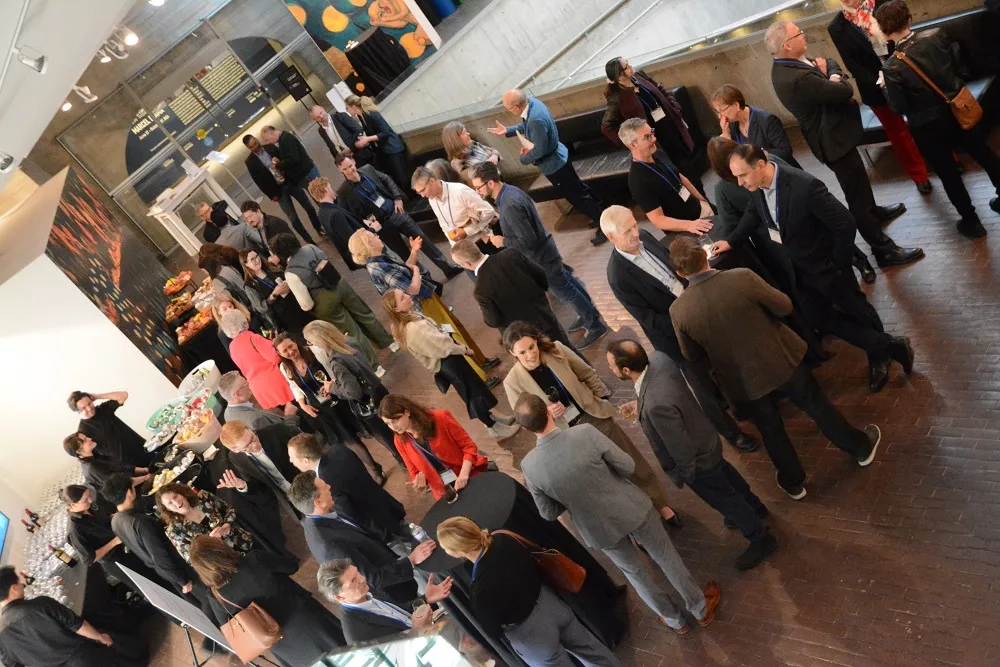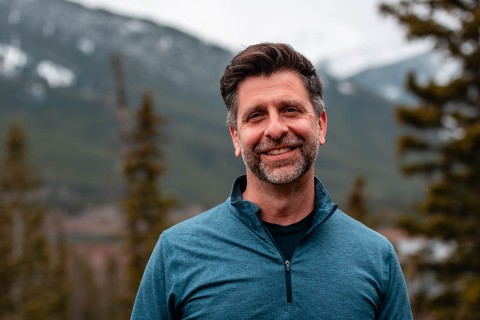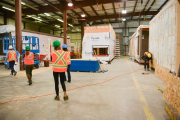A few days before our Pembina Summit Speaker Series event, the International Energy Agency released its landmark World Energy Outlook. As my colleagues and I wrote on Friday, “the scale and pace of the global shift to clean energy production and use is no longer only about governments seeking to achieve their climate goals... The biggest message from this year’s WEO is that governments must not underestimate the crucial role that access to abundant clean electricity will have in their economic growth over the next several decades, something the IEA is calling the ‘Age of Electricity.’”
With the IEA’s milestone report providing the backdrop to our conversation, it was inspiring to have so many people with us at Contemporary Calgary to talk about these issues. Our host and emcee was Dave Kelly, and to start off the evening there was a keynote address by Mary Burce Warlick, deputy executive director of the International Energy Agency.
Mary brought the perspective of a career-long international diplomat and energy expert who has seen firsthand numerous countries around the world find their way in the transition. She noted that many people are concerned that the energy transition might adversely impact jobs, affordability and the cost of living. Her experience shows that the move toward an electrified energy system will deliver much more affordable and clean energy for people around the world.
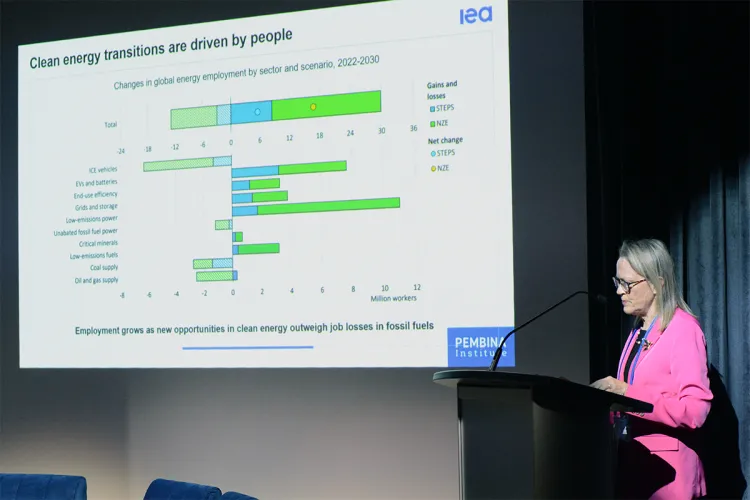
Five key questions drove our conversation at this gathering:
- What are the benefits of the new energy economy, as you see them? What are the challenges?
- How can we make sure everyone, no matter where they live in Canada, experiences the benefits of the new energy economy?
- What is Alberta’s economy going to look like in 2050?
- Why does talking about energy transition feel difficult sometimes?
- What needs to change for your sector to embrace the new energy economy?
The question that received the most attention was “Why does talking about energy transition feel difficult sometimes?” There was broad consensus in the room that the energy transition is a moment of change, and with this comes uncertainty, even fear. And yet this is not the time for advocates for net-zero energy to slow down or back off.
When asked her view on how Albertans can be persuaded that environmental solutions are worth the investment, Mary responded that costs will be one the biggest drivers of change. Given the sharp decrease in the costs of wind and solar, the affordability of renewables makes them a credible alternative. She also noted the importance of energy efficiency. Heating and cooling alternatives, such as heat pumps, and electric vehicles offer much lower costs to operate.
For my part, I shared the message that reducing carbon emissions and incorporating renewables is now seen as a major economic opportunity. Proponents of the new energy economy are increasingly motivated by the prospect of drawing significant new investment to Canada and Alberta. We have a huge advantage in Canada because of our ability to produce low-carbon electricity. In Alberta, we also have the know-how, and the geographical possibility, to deploy carbon capture and storage technology.
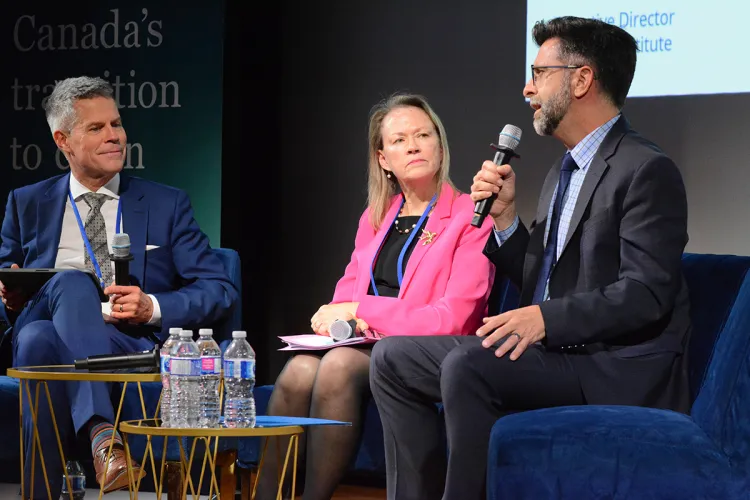
Numerous audience members joined the conversation. Comments and questions ranged from exploring the impact of international economies such as China, Southeast Asia and Europe, to noting the urgency of the climate crisis. We discussed the importance of ensuring oil and gas workers know which of their skills are readily transferrable to net zero-aligned activities, and of providing training to fill any gaps.
We also touched on the need to keep creating forums where people leave their echo chambers and understand alternative viewpoints.
A shared conclusion, I think, was that we cannot underestimate the importance of taking even small actions as individuals and business leaders.
While this type of transition is hard, given the scale of change and uncertainty surrounding future outcomes, the sharing of perspectives and worries is key to moving forward.
We all came out of the evening reminded of how important it is to tackle the important issues openly and honestly. I appreciate that so many of you took the time to join us and share your perspective, whether publicly or in the many private conversations at the reception. Thank you for being part of something special.

